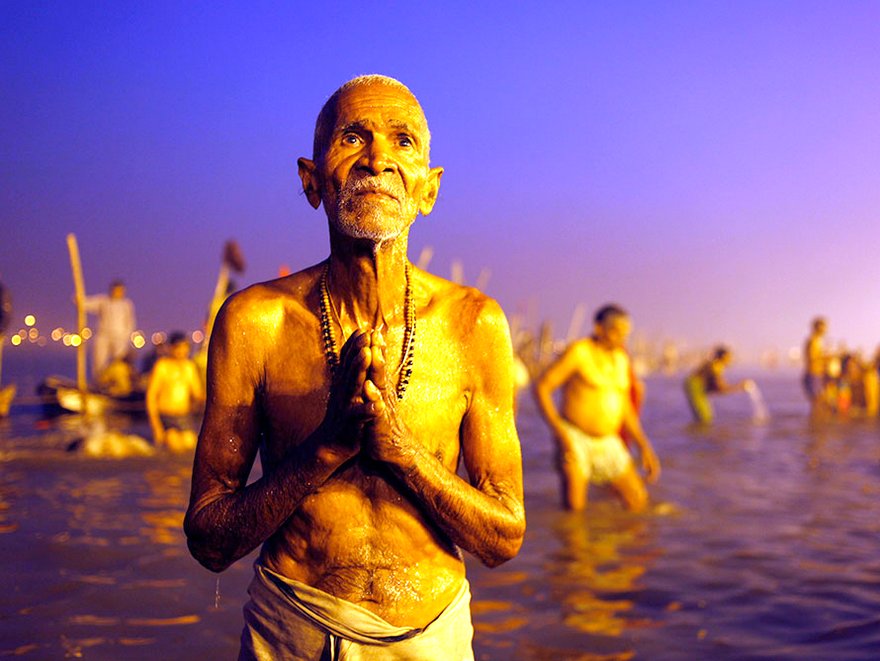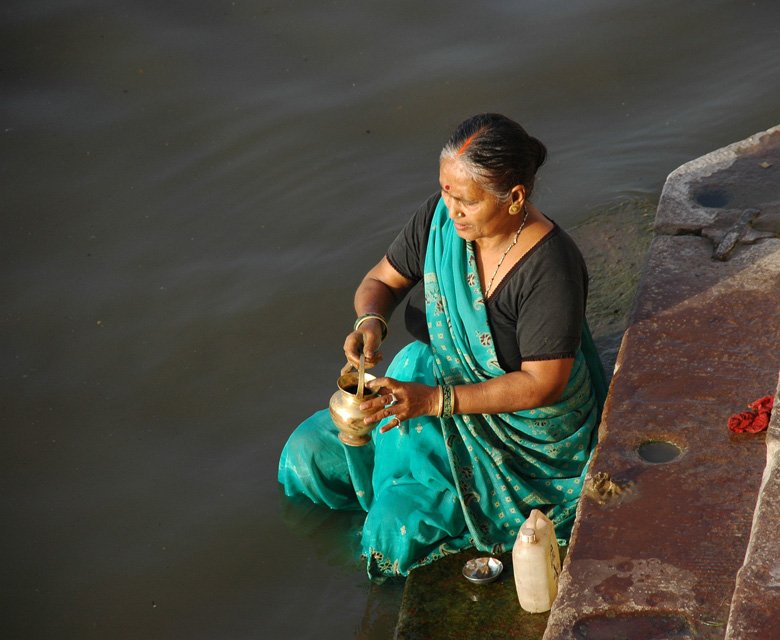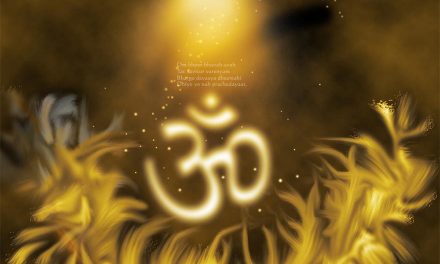The remnant of the dead body after burning is left behind in the form of ashes. Hindus respectfully call these ashes “phool” – literally flowers – to express devotion and respect for the departed soul. When children are symbolically referred to as “fruit”, it is appropriate to refer to the ashes of forefathers as “flowers”.
It is customary to gather the ashes on the fouth day after death. They are then immersed in sacred rivers like the Ganga. If it is not possible to immerse them immediately, they are kept in a locker in the crematorium and immersed as soon as possible.
[wp_ad_camp_1]
In Shankhsmriti, page 7, the consigning of ashes to the Ganga is explained:
As long as the ashes of the deceased person remain in the Ganga, the person continues to enjoy happiness in worthy places for thousands of years.
In the Kurmpuran, 35/31-34, it is said:
Whatever number of years the ashes remain in the Ganga, the departed soul is held in reverence in heaven for thousand times the number. Of all the pilgrimages and of all the rivers, Ganga is considered most holy.
It grants salvation to all, including those that have committed gross sins. Although accessible everywhere to the common man, Ganga is unique at Hardwar, Prayag and Gangasagar. Those who desire salvation, including emotionally downtrodden sinners, there is no better place than the Ganga.
Religious writers also believe that the deceased person’s journey towards the eternal home does not start until the ashes are consigned to the Ganga.
Another belief about consigning ashes to the Ganga and other sacred rivers is that the water from these rivers is used extensively to irrigate large tracts of land along the river. Since the rivers keep flowing and parting with nutrients that they carry in the water, the nutrient content reduces.
Since bones are constituted of phosphates, the ashes consigned to the rivers increase the phosphate content of the water that irrigates fields. Phosphates are essential ingredients for growing grains. With the irrigation water, phosphates are passon on to the fileds and the crops. The ultimate purpose of ensuring that the elements of the body return to nature after death is achieved.
Think it over.
The person, not larger than the thumb, dwelling within, always dwelling in the heart of man, is perceived by the heart, the thought, the mind; they who know it become immortal- Svetasvatara Upanishad















I have a Hindi friend from North India, trying to explain Jatt and Caste to me. If you haven`t done so recently, I`d like to see a related article. Thanks, I enjoy this news letter very much.